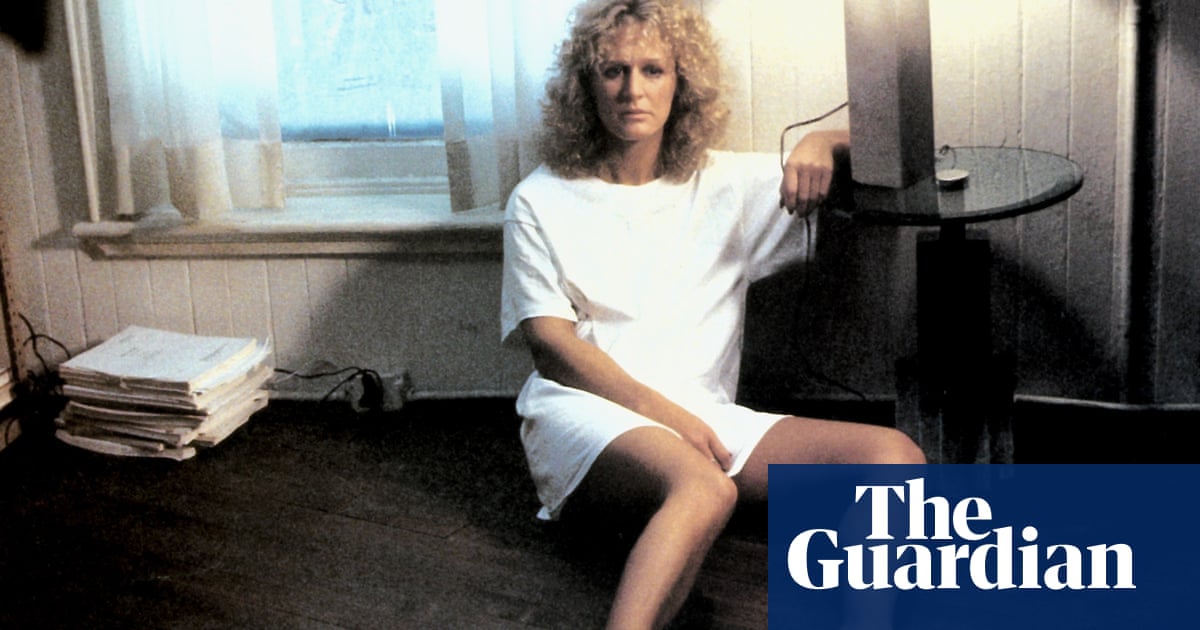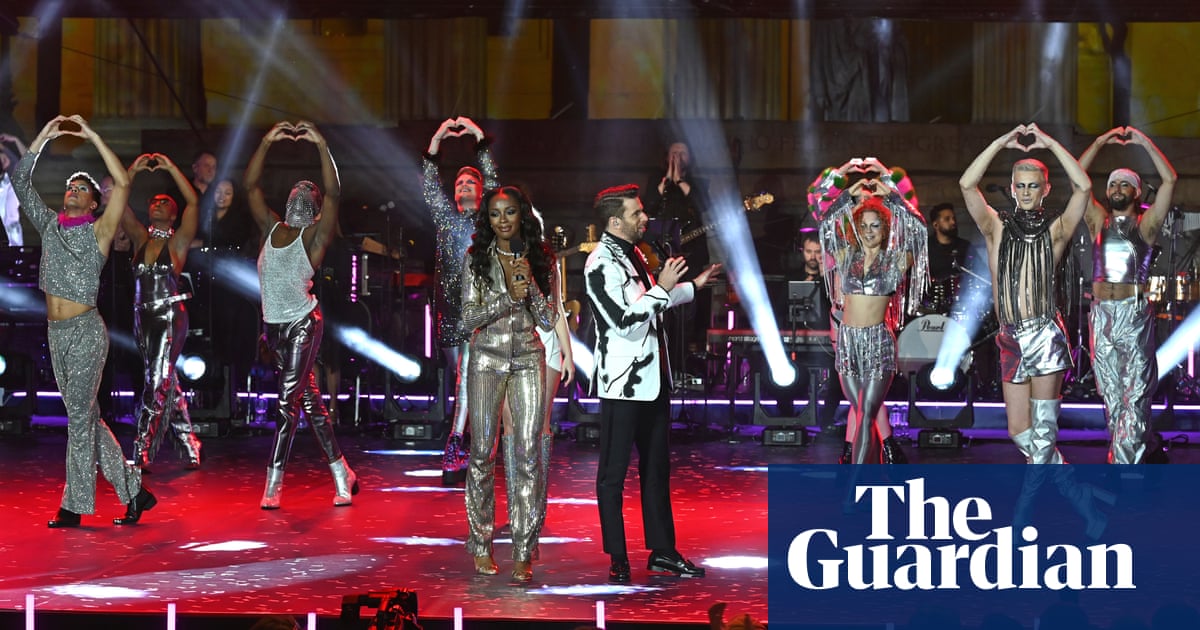
t would be tempting, at this moment of fevered speculation about the next chairman, to cry, “Hands off the BBC!” It is true that Charles Moore – the rightwing commentator and former Telegraph editor rumoured to be Downing Street’s favoured candidate – would be an egregious choice. Leaving aside that recruitment for the post is supposedly an open and fair process, rather than organised through an anonymous newspaper briefing emanating from the general direction of Dominic Cummings, no known previous candidate has so openly voiced hostility to the licence fee – the very underpinning, financially and ideologically, of the corporation.
Nevertheless, “Hands off the BBC!” is an empty injunction, since no government has ever taken their hands off the BBC, nor is there any prospect of their so doing. The level of the licence fee and the broadcaster’s charter are set by the government. Officially, the chair’s appointment is both a process based on open, fair competition, and the result of a final choice made by ministers. The BBC is, then, embroiled with the government in fundamental ways, and always has been.
There is a lively history of ideologically motivated, hostile chairs of the BBC to show for this: notably Marmaduke Hussey, Margaret Thatcher’s chosen man in 1986, a former managing director of the Times who had battled the print unions. He didn’t take long to sack the then director general, Alasdair Milne, who was seen as arrogant, out of control and a lefty.
Still, the floating of Lord Moore as BBC chairman, at this moment in time, is not quite business as usual. For some on the right, the once-dominant free-market objections to the licence fee – seen as an unfair, monopolistic intervention – have, under a prime minister who can happily exclaim “fuck business”, faded away in favour of more fundamental cultural arguments.
On these terms, the very conception of the BBC is problematic. The founding idea of the broadcaster was that everyone would have access to the best, and there should be something for everyone. Broadcasting should be “the expression of a new and better relationship between man and man”, in the words of the founding director general, John Reith. The BBC’s chief purpose, in his mind, would be to bring information to the masses on an equal basis, so that individuals would then “be in a position to make up their own minds on many matters of vital moment”.
The BBC, with its aspirations to impartiality and to universal representation, was thus born into liberalism. Liberalism, that is, not in a narrowly party political sense, but rather a liberalism committed to a set of norms that prioritises independence and fairness, that recognises the existence of verifiable facts, and that agrees that some institutions, such as the rule of law, are stable and enduring and capable of sitting outside of the hurly-burly of political disagreement.
Of course, the BBC would probably object to this framing, because denying that its ideological underpinnings are part of a set of societal norms (rather than enduring and somehow objectively real) is a crucial part of upholding its key tenets, including impartiality. In this week’s parliamentary culture select committee hearings, David Clementi, the current chairman, implicitly emphasised this, insisting that impartiality was something that must start at the top of the organisation, and that his successor would be obliged to leave their politics at the door. The BBC offended the left as much as the right, and he received outraged mail from Labour peers as well as Tory ones, he said.
Much depends, in this kind of discussion, on whether you consider “impartiality” to be something objective and measurable. A more compelling position is that impartiality is negotiated, resulting from conversation, social practice and a broad agreement over the relative importance of certain positions or arguments or political beliefs. I happen to think that impartiality is, in the end, negotiated, which is also why it has always been so contested, and why those on the left and the right have such strikingly different ideas on where it ought to sit.
It must surely be obvious to a certain kind of person on the right that the BBC poses a problem not just because it seems too big and too powerful and funded in a manner that grates with your ideas about the market, but because it stands for a certain set of values – not just the ones you might believe it actively promulgates on air, but those that it embodies unconsciously, on a fundamental level. The BBC is being increasingly sucked into the culture wars, and not just because of this or that presenter’s seemingly partisan tweets, or heartfelt Newsnight opening monologue, but because its values, on a deep level, are attentive to claims for equality and representation from minority groups, the very things that are now disparaged from the right as “wokeism”.
It seems clear that regular bursts of confected outrage over “wokeism” provide the government and its friends in the media with pleasing moments of distraction and relief amid the toilsome work of managing Brexit and Covid-19 – and they are very effective at so doing, simultaneously appealing to the “common sense” of those who believe “wokeism” has gone too far, and arousing time-consuming ire on the left.
The row over whether or not to sing the words of Rule, Britannia! and Land of Hope and Glory at the Last Night of the Proms was a classic example. It was easy work for Boris Johnson to intervene – just as it had been earlier in the summer over the toppling of Edward Colston’s statue in Bristol – and caused a sweaty few days for the BBC while executives went into W1A-style contortions trying to save face. The Daily Mail wrote the book on this kind of chipping away at the BBC – how endlessly to foment rows and thus gradually erode trust, the broadcaster’s most valuable resource. The broadcaster is caught anxiously and impossibly between the demands of Black Lives Matter on the one hand and the right on the other.
It is the BBC’s destiny never to please everyone. Nevertheless, the right’s current forays into the culture wars are much more than a sideshow. Indeed, this might be its most important current project: undoing the powerbase, as it might be framed from the right, of the liberal left. That means battling not just the BBC but the whole of the infrastructure of British culture, higher education and the arts, the promulgators of what Paul Dacre, the former Mail editor, would frame as “cultural Marxism”. Traditionally fights with (say) universities have been conducted on economic grounds, resulting in the gradual marketisation of higher education in England and Wales. The liberal underpinnings, the systems of thought that animate these institutions, have been broadly left alone. No longer. Now the primary battlefield is cultural and ideological. Framing the right’s problem with the BBC as an assault on fair play or open recruitment, or even impartiality, is to miss the point. The real project is bigger, more serious and more alarming.
• Charlotte Higgins is the chief culture writer of the Guardian and the author of This New Noise: the Extraordinary Birth and Troubled Life of the BBC (Guardian-Faber)












